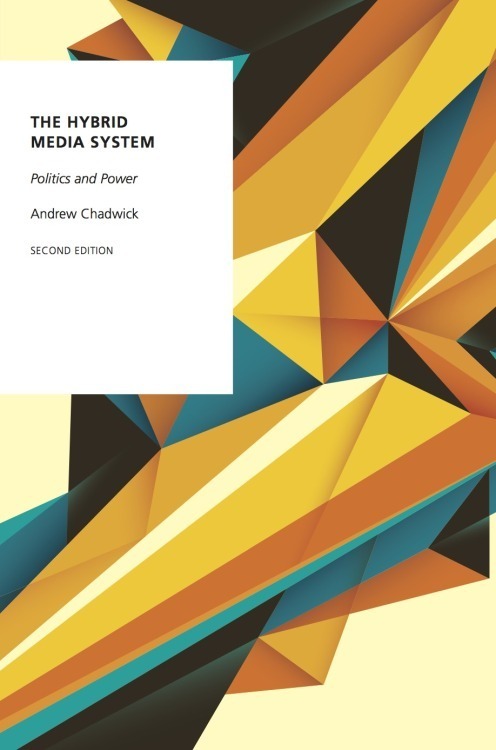Latest Posts
Blog
It was with overwhelming sadness that I read this morning that Professor Rodney Barker recently died. This is a personal note—about what Rodney meant to me and what he did for me.
Update, October 1, 2025: I wrote an article for Times Higher based on part of this post and reflecting on broader issues of mentoring and social mobility in academia.
Universities across the world are in a strong position to sidestep the hype and help regulators and public communicators of all kinds respond quickly and effectively to the threat of online disinformation in time for the next big year of elections. Agile, well-informed regulation is achievable.
Banner photo: view from the Getty Centre, Los Angeles, 2023






